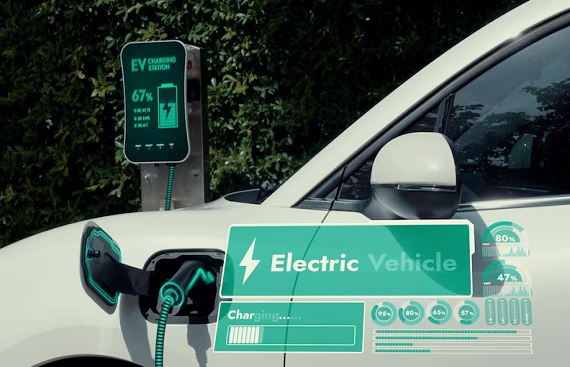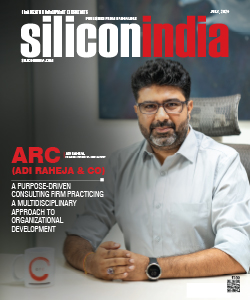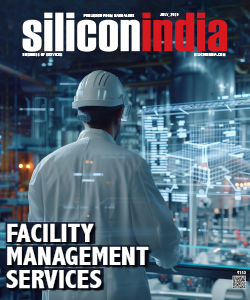Indian Scientist Unveils Ultra-Fast EV Charging Technology
By
siliconindia | Monday, 03 June 2024, 08:55:51 AM IST

It's universally acknowledged that charging electronic devices can be a time-consuming process. Typically, smartphones and other gadgets require around 15 to 30 minutes to accumulate enough power for extended use. Over time, technology companies have persistently strived to enhance charging speeds for smartphones, tablets, and laptops to ensure they have sufficient power more quickly. Some have even introduced devices with superfast charging capabilities, allowing them to charge significantly faster, often within 15 to 20 minutes.
However, laptops and electric vehicles (EVs) still typically take more than 45 minutes to charge. But imagine if technology advanced to the point where EVs could be fully charged in just 10 minutes. This might seem unbelievable, but an Indian-origin scientist has achieved this breakthrough by developing technology that can charge both smartphones and EVs in just a few minutes.
Ankur Gupta, an Indian-origin researcher, has discovered a groundbreaking technology capable of rapidly charging electric vehicles. Gupta, an Assistant Professor of Chemical and Biological Engineering at Colorado Boulder University in the USA, has published his research in the journal of the National Academy of Sciences. His study focuses on the use of supercapacitors, which can store and deliver energy more quickly than ever before
In his research, Ankur Gupta explains that the charging process of a device's battery depends on the movement of ions (small charged particles) within a complex microscopic pore structure. To efficiently store this energy, a high-capacity storage device like a supercapacitor can gather ions within its pores, allowing it to charge electronic devices much faster than traditional batteries.
The implementation of supercapacitors in EV chargers could significantly reduce charging times, making them even faster than the average time required to charge a smartphone. This advancement could further reduce the load on the power grid, as the rapid charging capability would work to minimize the duration that EVs draw power. Gupta’s research will further highlight his effort to enhance energy storage devices which will work in using his expertise in chemical engineering.
The potential of supercapacitors in EV charging could revolutionize the electric vehicle market. Currently, one of the main deterrents for potential EV buyers is the lengthy charging time and insufficient charging infrastructure. This groundbreaking technology could tackle these issues, making EVs more attractive to consumers by significantly reducing charging times.
Read More News :
Elon Musk: SpaceX to enable Moon and Mars travel for Everyone
Lenovo and Cisco Forge Strategic Partnership to Accelerate AI Innovation and Digital Transformation



